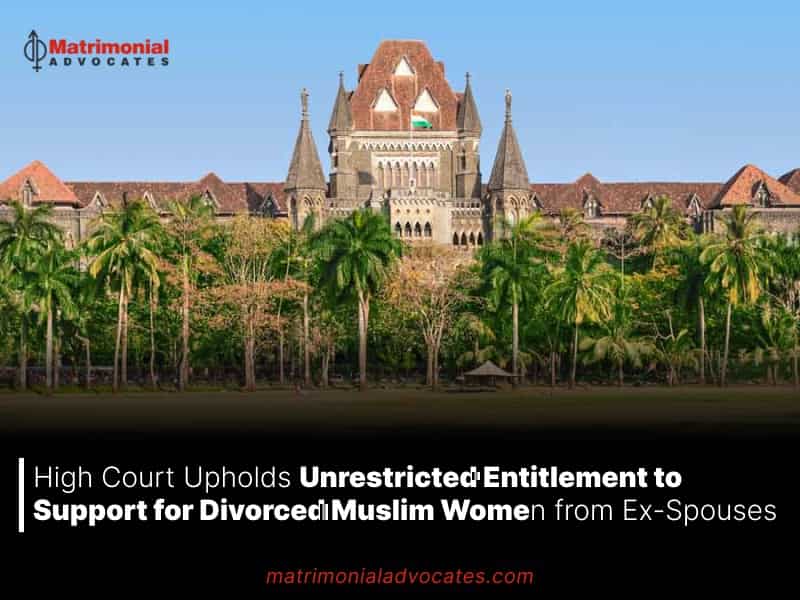
In a recent judgment, the Bombay High Court clarified that the entitlement to maintenance for divorced Muslim women is determined at the time of divorce and remains unaffected by the remarriage of the former wife. Justice Rajesh Patil, presiding as a single judge, underscored that divorced Muslim women possess an unconditional right to claim maintenance from their ex-husbands. Furthermore, the court highlighted that even after remarriage, these women can seek reasonable amounts as outlined in the Muslim Women (Protection of Rights on Divorce) Act (MWPA) of 1986. The court specifically pointed out that the term “remarriage” is conspicuously absent from section 3(1)(a) of the MWPA, reinforcing the unequivocal right of divorced Muslim women to receive a fair provision and maintenance from their former spouses.
“In other words, the Act seeks to prevent the destitution of Muslim women and ensure their right to lead a normal life even after divorce,” said justice Patil. “Hence the legislative intent of the Act is clear. It is to protect ‘all’ divorced Muslim women and safeguard their rights. The protection referred to in the MWPA is unconditional. Nowhere does the said Act intend to limit the protection that is due to the former wife on the grounds of her remarriage,” the judge added.
The court underscored the fundamental principle of the Muslim Women (Protection of Rights on Divorce) Act (MWPA), asserting that a divorced woman is entitled to a fair and reasonable provision for maintenance, regardless of her remarriage. The judge highlighted that the act allows the wife to claim maintenance under section 3(1)(a) solely upon the occurrence of divorce, dismissing a petition filed by a resident of Chiplun.
Additionally, the court clarified that the right of divorced Muslim women to receive a fair provision and maintenance is established at the time of divorce and remains unaffected by any subsequent remarriage of the former wife. The dismissal of the petition came in response to a challenge filed by a Chiplun resident employed in Saudi Arabia against a May 18, 2017, order from the sessions court at Khed. This order had rejected his appeal against a judicial magistrate first-class order, which granted one-time alimony to his former wife, divorced through a registered post on April 5, 2008. The couple, who entered into marriage in 2005, faced legal proceedings that culminated in this significant court decision.





